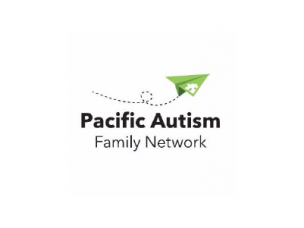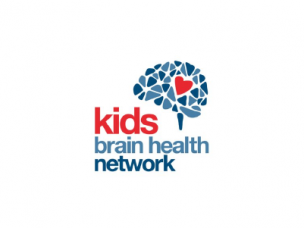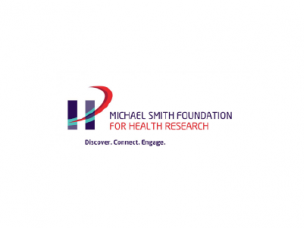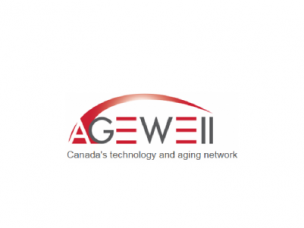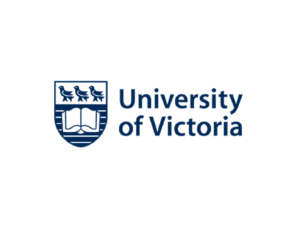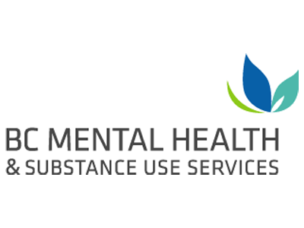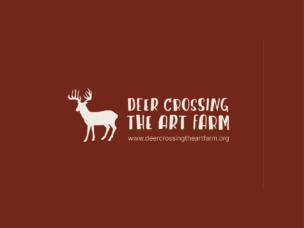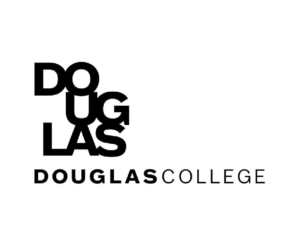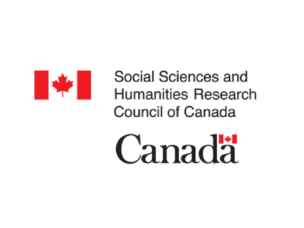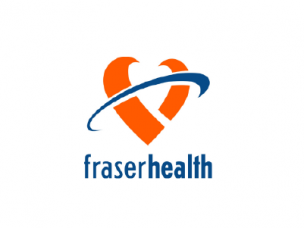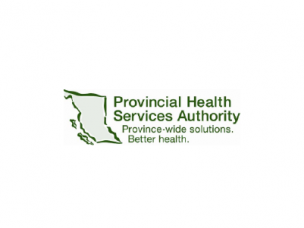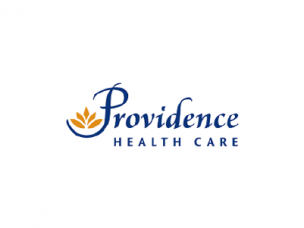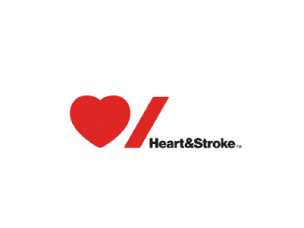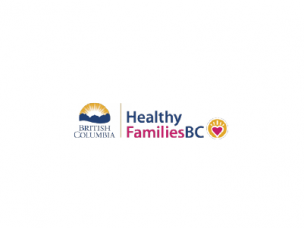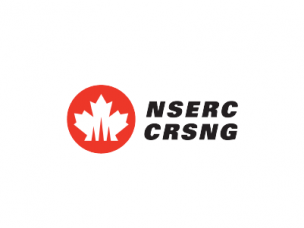Dementia Research Through Design
The Health Design Lab collaborates on a variety of dementia-related research projects with partners from other academic institutions including the University of BC, University of Victoria and Simon Fraser University. We have found great application and value in the use of participatory design methods for the inclusion of people with dementia as research partners, collaborators and participants.
Recent collaborations include:
- Dementia Friendly Communities: A research project with the University of Victoria
- What Matters: A research project with the University of British Columbia
- Precision Mental Health: A research project with the Simon Fraser University
In addition to these project, HDL has a large thematic focus on aging and dementia, including projects highlighted on other pages: Who Cares?; Perspectives Program; Collaborate, Gather, Share; and Dementia Lab.
Dementia Friendly Communities: A research project with the University of Victoria
How can we create and collaborate with an Action Group, led by people with dementia who live independently, to identify research priorities for Dementia Friendly Communities?
The concept of Dementia Friendly Communities (DFCs) is becoming popular worldwide, as communities, organizations, and policy makers work to make our society a place where people living with dementia can live in comfort, strive for wellbeing, and feel connected to others. However, people with dementia who live alone have not really been included in conversations about and planning for DFCs. This is a significant gap, especially since people with dementia who live alone are a growing group of people.
This project aims to address this gap, and to include people with dementia who live independently in co-designing an Action Plan that will lay the groundwork for future planning of DFCs, that takes into account their voices and perspectives. This work will involve an Action Group of people in different communities across BC, who will work collaboratively through virtual co-design sessions to develop an Action Plan, identifying steps for ongoing work.
Project Collaborators
Partner:
University of Victoria, Dr. Mariko Sakamoto
Funder:
University of Victoria
Michael Smith Health Research BC
HDL Project Team:
Parnian Anaa
Kamila Bashir
Caylee Raber
Timeline:
Jan 2024 – Jun 2024
What Matters: A research project with the University of British Columbia
How might we engage staff, residents and people with lived experience in the design of digital applications and new technologies?
What Matters aims to create an app that can be used in long-term care and hospital settings to comfort patients and residents with dementia during times of distress. The Health Design Lab collaborated with academic researchers and students in Computer Science, Engineering, and Nursing at the University of British Columbia, Simon Fraser University, and University of Waterloo, healthcare professionals working at Vancouver General Hospital (VGH) and Villa Cathay (a long-term care home), people with lived experience of dementia and families, and Raccoopack Media (a mobile app development studio) on the WhatMatters project. The Health Design Lab led the user experience research portion of the project, through virtual workshops with people with dementia, carers and staff.
The WhatMatters Mobile App will allow people with dementia and their family members to curate videos, music, and photos to provide entertainment, social connection and comfort. Accessible via the app, staff can then support people with dementia by providing them with curated person-specific, personalized content and resources. The app will have the potential to prevent behavioral events (physical and verbal aggression) and provide the staff with the means to help the patient/resident feel safe, confident, and comforted — a crucial way to honour personhood.
Engagement Approach
The project began with conducting workshops with family partners, healthcare staff and residents in long term care. Through these workshops we were able to better understand our user group by listening to first hand user experiences, stories and having conversations with those who are experts in the field. This led to the development of user personas and preliminary prototypes.From January to May 2022 the design team worked closely with the developers Raccoopack, conducting 3 iterative rounds of protype development and user testing with staff and residents from Villa Cathay long term care home and Vancouver General Hospital. Although the user tests were conducted remotely, we were able to mimic the experience of being in person with the help of the Double 3 Robot, a remote-controlled driving robot with a video-call. This helped us interact with both residents and staff in real-time, where we could observe them perform assigned user-testing tasks and interview them about the experience afterwards.
The WhatMatters team is currently seeking funding to further develop the app and prepare for a clinical trial for user testing with a large audience.
Knowledge Sharing
Article : Co-design of a digital app “WhatMatters” to support person-centred care: A critical reflection – Geriatric Psychiatry
News story: Focusing on WhatMatters in dementia care – VCHRI
Project Collaborators
Partners:
University of British Columbia – IDEA Lab, Dr. Lillian Hung
Raccoopack Studios Inc.
Simon Fraser University
Funders:
Canadian Institute for Health Research
MITACS
HDL Project Team:
Garima Sood
Eva Egeberg
Chelsea Burke
Caylee Raber
Timeline:
Mar 2021 – Mar 2022
Precision Mental Health: A research project with the Simon Fraser University
How can we better understand mental health priorities for older adults?
The Precision Mental Health Project is a research project led by Dr. Theodore Cosco with the Simon Fraser University Gerontology department. Precision Mental Health aims to disrupt traditional psychiatric approaches to mental health, by using Big Data resources focusing on older Canadians, to predict the degree to which individuals are vulnerable to poor mental health. The Health Design Lab was invited to collaborate on the first phase of this project which aimed to identify and understand the mental health priorities of community-dwelling older adults.
In partnership with Simon Fraser University, The Health Design Lab ran a series of workshops with older adults to bring forward themes which reflect their mental health priorities, in order to inform the development of an AI tool by the SFU team, led by Dr. Theodore Cosco.
Referred to as Mental Health: A Creative Collaboration, by the Emily Carr team and older adult participants, the first phase of this project was completed at the end of March 2022.
Engagement Approach
The aim of the participatory design research was to determine the mental health priorities of older adults over the course of three workshops with eight participants. Participants were recruited by SFU from all over British Columbia and self-identified as “older adults.” Attention to diversity was key to recruitment, including participation from queer, Asian, and Indigenous people.
HDL research assistants conducted virtual co-design workshops with older adult participants—first getting to know each other through “connection kits” which were mailed to participants. The connection kits encouraged participants to be thoughtful about their surroundings and supported them in a guided self-reflection, priming them to the co-creative process while offering personal context to the HDL team for their first engagement.
Workshop conversation topics included: what “aging” and “mental health” mean, the motivating factors behind taking part in different activities which support one’s mental health, reasons why certain activities and connections are important, “tips” for maintaining good mental health, and how one negotiates feelings that arise in different contexts and mental health experiences.
Participants were very open and generously shared stories of their own mental health challenges and instances where they experienced pride, joy, and comfort.
Synthesis from the conversations with participants led to the realization of seven distinct themes:
- Leaning into community support.
- Giving back to your community.
- Moving your body.
- Finding shared experiences.
- Having things to look forward to.
- Learning new skills.
- Connecting with nature and animals.
These themes highlighted the participants’ understanding of “mental health priorities,” and will be used by the SFU team in later phases of their work to inform when and where interventions could be offered to support and maintain good mental health for community-dwelling older adults.
Project Collaborators
Partner:
Simon Fraser University, Dr. Theodore Cosco
Funder:
Age Well
HDL Project Team:
Ara Rattan
Meaghan Horne
Lisa Boulton
Paulina Malcolm
Caylee Raber
Timeline:
Apr 2021 – Apr 2022

